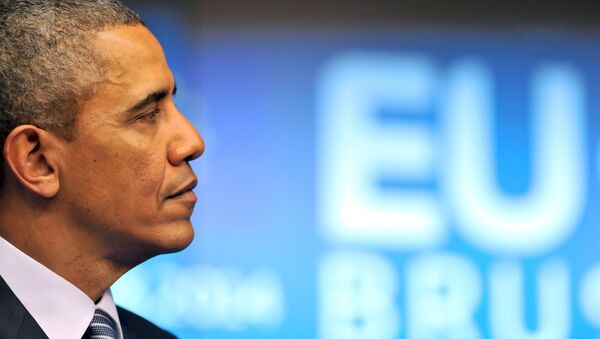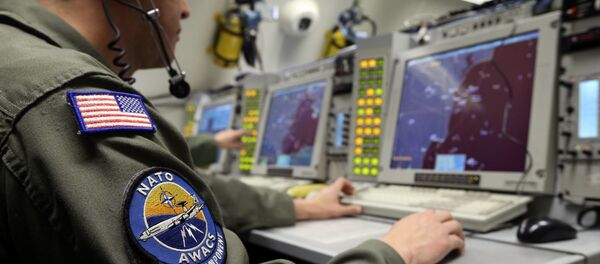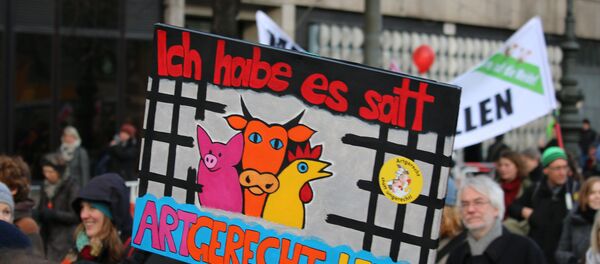The US-dominated NATO has increased its European footprint over the past few years, welcoming several former Warsaw Pact nations into the fold. with the Czech Republic, Hungary, Poland, Slovenia, Slovakia, Romania, Bulgaria, Croatia, Albania, Latvia, Lithuania and Estonia have all joined the Washington-led military alliance.
Should NATO not only look east but south?— Audience member. @jensstoltenberg We should do oth. We dont have luxury to choose. #BrusselsForum
— German Marshall Fund (@gmfus) March 18, 2016
Karen Donfried highlights #NATO Panel report with @jensstoltenberg at #BrusselsForum https://t.co/IL7uBWOI2c pic.twitter.com/EWJXESupU0
— Michał Baranowski (@M_Baranowski) March 18, 2016
Same question- @JeanneShaheen Russia will "agitate where they can". #BrusselsForum #refugees
— German Marshall Fund (@gmfus) March 18, 2016
It has seen a huge number of exercises in Eastern Europe in the past years, as well as a build-up of operational resources. NATO has been gradually building up its forces in Europe for over a decade, but has recently undertaken a huge increase in its presence in the Baltic region and Eastern Europe.
In June 2015, the alliance held a huge exercise in the Baltic, with 49 ships, 61 aircraft, one submarine, and a combined amphibious landing force of 700 US Finnish and Swedish troops alongside NATO partners Finland, Georgia and Sweden. Overall, 5,600 troops took part.
In November 2015, the leaders of Lithuania, Latvia, Estonia, Bulgaria, Hungary, Romania, Poland and Slovakia have called for an increased NATO presence in Eastern Europe and the Baltic. NATO defense ministers in February confirmed plans for a massive presence in the Baltic and Eastern Europe region.
Market Muscle
Meanwhile, the US is pressing for completion of the controversial Transatlantic Trade and Investment Partnership (TTIP) agreement which would create the biggest trade pact in the world, between the European Union and the United States.
Major US & EU unions @AFLCIO & @etuc_ces agree: #TTIP negotiations "on the wrong course." https://t.co/EkzfvQy5tk pic.twitter.com/lLtzEugzBm
— Global Trade Watch (@PCGTW) March 18, 2016
However, critics – who have slammed the secrecy of the negotiations – have said the deal would weaken the powers of EU member states to regulate markets, giving extraordinary powers to multinationals – mostly US ones.
Crucially, at the heart of the TTIP is a controversial proposal for an investor-state dispute settlement (ISDS) mechanism, which would allow companies to sue governments if their regulations or laws affected their profits.
Thus, if a US multinational company lost profits because their product or service was banned by law for health or other reasons, they would be able to sue a government – or the EU – for loss of earnings. Tobacco giant Philip Morris is currently suing Uruguay and Australia over tobacco packaging and the Dutch insurance company, Achmea, is suing the Slovakia for trying to reverse health privatization.
The Brussels Forum (motto: Strengthening Transatlantic Cooperation) annual policy conference Friday is entitled 'A World Beyond Disorder' and will be seen as a further example of the deepening influence of the US in European military as well as economic affairs.




